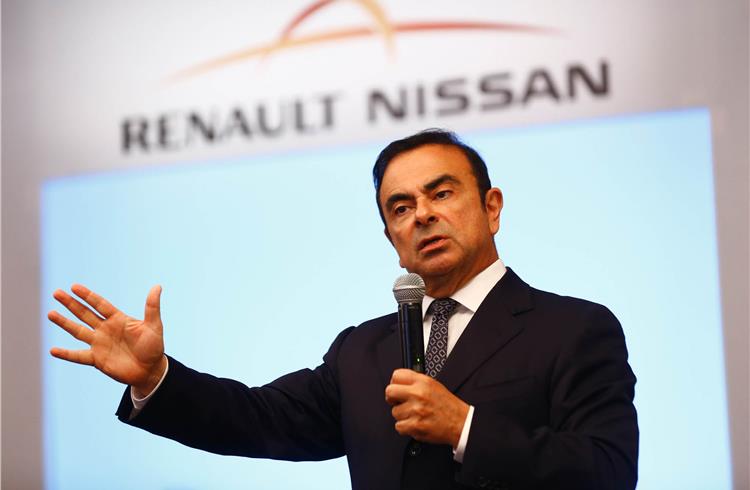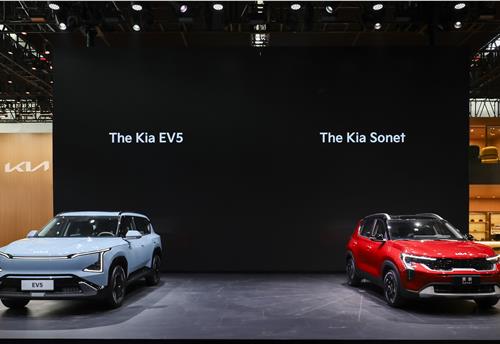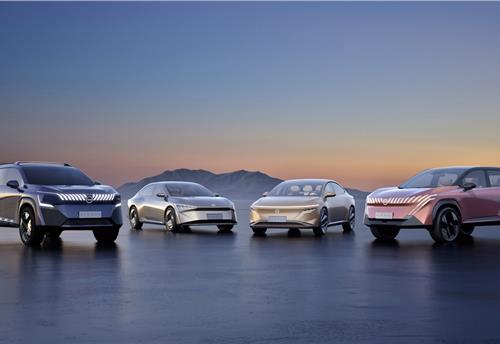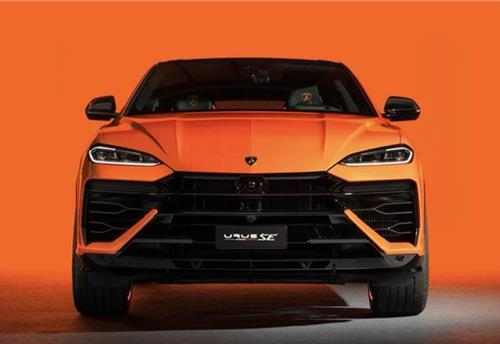Renault angered by new French finance laws
Renault has been plunged into direct conflict with the French government after the government changed shareholding laws and then spent £880 million
Renault has been plunged into direct conflict with the French government after the government changed shareholding laws and then spent £880 million (Rs 8,661 crore) increasing its stake in the car manufacturer to 20%.
There is reportedly great concern within the Renault-Nissan Alliance about the French government’s level of influence because Renault also owns 45% of Nissan and effectively controls its successful Japanese partner.
Carlos Ghosn, CEO of the Renault-Nissan Alliance, was described in reports as being “furious” after he was out-manoeuvred by the French government in a conflict over new laws concerning the voting rights of long-term shareholders.
Ghosn had been in long-standing negotiations with the French government to try to prevent these new ‘anti-speculation’ laws from being applied to the Renault-Nissan operation.
The French government introduced the new legislation earlier this year. It is intended to give shareholders double voting rights if they have held the stock for more than two years.
While Ghosn was in tense negotiations with the government, the state secretly increased its shareholding in Renault from 15% to 20%.
This stake was then unexpectedly used by the government to prevent Ghosn from passing a resolution to restrict Renault shareholders to ‘one share, one vote’.
The French government’s move to have more influence over Renault is likely to have been driven mainly by the fact that the vast majority of the best-selling Renault and Dacia models are now made outside France.
The French government has vowed to prevent its domestic manufacturing base from being hollowed out, although many analysts say France has notably high labour costs, which are putting its manufacturing industry under great pressure.
Moreover, Nissan’s success has meant that it is substantially outselling its French parent company. Of the 8.47 million cars sold globally by the Alliance in 2014, just 2.7 million came from the Renault/Dacia/Samsung brands.
The greater use of shared platforms and factories will make it easier for future Renault vehicles to be built outside France. Indeed, the highly successful Captur compact crossover is made in Spain, as is the upcoming Kadjar crossover. The Kadjar will also be built at Wuhan in China.
Even the current Megane hatchback is made outside France, although the Scenic MPV is made on home ground. Although the new Espace and Laguna will be built in France, they are unlikely to be as big-selling as Renault’s small cars.
It’s not known if the French government will use its boardroom influence to prevent other new models from being built overseas. However, it seems possible it could argue that the next-generation Mégane should be built in France after the Captur and Kadjar were allocated to Renault’s Spanish plants.
RELATED ARTICLES
Kia displays EV5 and Sonet SUVs for Chinese market
Kia has unveiled a number of key models and new technologies for Chinese customers at the 2024 Beijing International Aut...
Nissan targets growth in China, unveils four NEV concepts at Beijing Motor Show
The two EVs and two plug-in hybrids are a joint effort with Nissan’s local partner Dong Feng and aimed to better address...
Lamborghini unveils Urus SE ahead of Auto China 2024
Electric-only range of 60km helps reduce emissions by 80%.





 19 May 2015
19 May 2015
 2909 Views
2909 Views





 Autocar Pro News Desk
Autocar Pro News Desk




